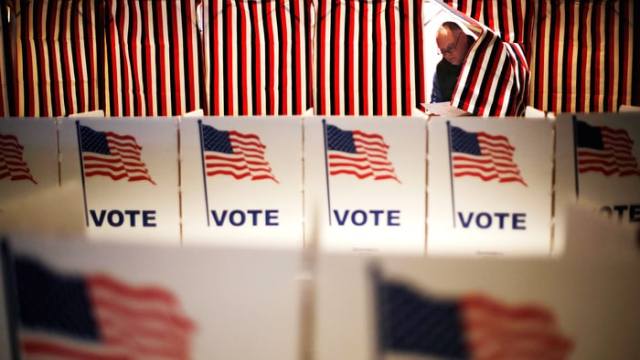
During the last 4 weeks, the Voter Watch Blog team researched and wrote about the reasons and outcomes of voter apathy, voter turnout, and the accessibility to the polls. We also wrote about the Electoral College, the importance of popular vote, and how voter ID laws affect us. We decided to touch on those important topics because we felt those are the ones that have been specially under fire during the last 5 elections.
With the usage of facts and a neutral stand point on the political spectrum, we hope we have been able to inform and motivate you– the voter. We hope you found our blogs posts not only informative, but also inspiring.
We would like to thank every single one of your for giving us a few minutes of your time to read our weekly posts. Also, we would like to thank you for reading our points of view and other information that might have been in conflict with your personal believes and ideas. We thank you for your open mind and for your time.
Sincerely,
The Voter Watch Blog

 d to wait two hours due to technical difficulties.
d to wait two hours due to technical difficulties.


